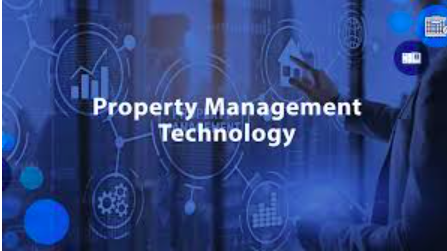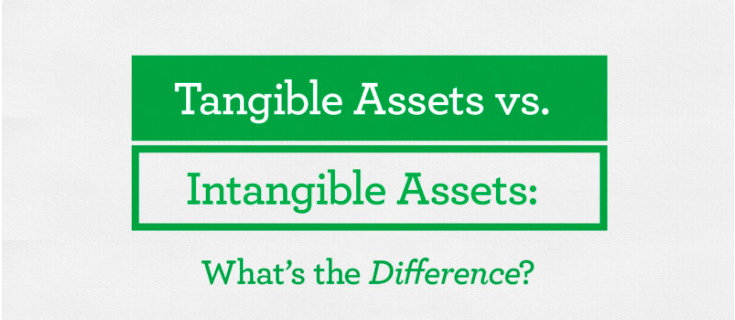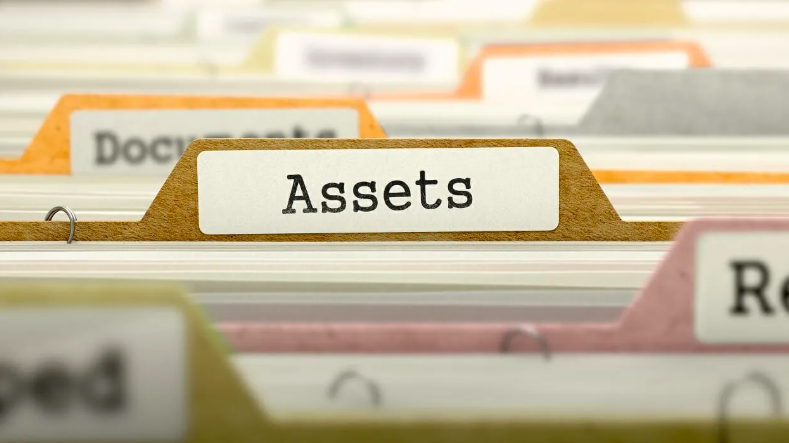
The Role of Technology in Modern Property Management
The property management industry has undergone a significant transformation in recent years, thanks to advancements in technology. From streamlining operations to enhancing tenant experiences, technology is reshaping how property managers do their jobs. Whether you’re a property manager, landlord, or investor, understanding the role of technology in modern property management is essential for staying competitive and efficient. Here’s a comprehensive look at how technology is revolutionizing the industry:
1. Property Management Software
What It Is: Property management software is a centralized platform that helps managers handle tasks like rent collection, maintenance requests, and tenant communication.
Key Features:
Rent Collection: Automates rent payments and tracks late fees.
Maintenance Tracking: Streamlines work orders and vendor management.
Financial Reporting: Generates detailed reports on income, expenses, and profitability.
Tenant Portals: Allows tenants to pay rent, submit requests, and communicate online.
Benefits:
Saves time by automating repetitive tasks.
Improves accuracy and reduces human error.
Enhances transparency for landlords and tenants.
2. Smart Home Technology
What It Is: Smart home devices, such as thermostats, security systems, and locks, are becoming increasingly popular in rental properties.
Key Features:
Smart Locks: Allow keyless entry and remote access for tenants and managers.
Smart Thermostats: Help tenants save on energy costs and allow remote temperature control.
Security Systems: Provide real-time monitoring and alerts for added safety.
Benefits:
Increases property value and attracts tech-savvy tenants.
Improves energy efficiency and reduces utility costs.
Enhances security and peace of mind for tenants and landlords.
3. Virtual and Augmented Reality (VR/AR)
What It Is: VR and AR technologies enable virtual property tours and interactive experiences.
Key Features:
Virtual Tours: Allow prospective tenants to view properties remotely.
Augmented Reality: Helps tenants visualize furniture placement or renovations.
Benefits:
Expands the reach of property listings to a global audience.
Reduces the need for in-person showings, saving time for managers and tenants.
Enhances the tenant experience by providing immersive property views.
4. Artificial Intelligence (AI) and Machine Learning
What It Is: AI and machine learning analyze data to provide insights and automate decision-making processes.
Key Features:
Predictive Analytics: Forecasts market trends, rental prices, and tenant behavior.
Chatbots: Automates tenant communication and answers frequently asked questions.
Maintenance Predictions: Identifies potential maintenance issues before they become costly problems.
Benefits:
Improves decision-making with data-driven insights.
Enhances tenant satisfaction with instant support.
Reduces costs by preventing major repairs.
5. Online Marketing and Listing Platforms
What It Is: Digital platforms like Zillow, Apartments.com, and social media are essential for marketing rental properties.
Key Features:
High-Quality Listings: Includes photos, videos, and detailed descriptions.
Targeted Advertising: Reaches specific demographics through social media ads.
SEO Optimization: Ensures listings appear in search engine results.
Benefits:
Attracts a larger pool of potential tenants.
Reduces vacancy rates and marketing costs.
Provides real-time analytics to track campaign performance.
6. Blockchain Technology
What It Is: Blockchain is a decentralized digital ledger that ensures secure and transparent transactions.
Key Features:
Smart Contracts: Automates lease agreements and rent payments.
Transparent Records: Provides a tamper-proof record of all transactions.
Tokenization: Allows fractional ownership of properties through digital tokens.
Benefits:
Increases transparency and trust between landlords and tenants.
Reduces paperwork and speeds up transactions.
Opens up new investment opportunities through fractional ownership.
7. Mobile Apps
What It Is: Mobile apps provide property managers and tenants with on-the-go access to essential tools and information.
Key Features:
Tenant Apps: Allow tenants to pay rent, submit requests, and communicate with managers.
Manager Apps: Enable managers to track tasks, monitor properties, and generate reports.
Benefits:
Improves convenience and accessibility for managers and tenants.
Enhances communication and responsiveness.
Streamlines operations by providing real-time updates.
8. Energy Management Systems
What It Is: Energy management systems monitor and optimize energy usage in rental properties.
Key Features:
Smart Meters: Track energy consumption in real time.
Automated Controls: Adjust lighting, heating, and cooling based on occupancy.
Renewable Energy Integration: Supports solar panels and other green energy solutions.
Benefits:
Reduces utility costs for tenants and landlords.
Attracts eco-conscious tenants and improves property value.
Supports sustainability goals and reduces environmental impact.
9. Data Analytics and Reporting Tools
What It Is: Data analytics tools provide insights into property performance, tenant behavior, and market trends.
Key Features:
Financial Reports: Tracks income, expenses, and profitability.
Tenant Analytics: Identifies trends in tenant turnover and satisfaction.
Market Analysis: Compares property performance to local market trends.
Benefits:
Helps managers make informed decisions and optimize operations.
Identifies areas for improvement and cost-saving opportunities.
Enhances strategic planning and long-term profitability.
10. Internet of Things (IoT)
What It Is: IoT refers to interconnected devices that collect and share data to improve property management.
Key Features:
Smart Sensors: Monitor temperature, humidity, and security.
Connected Appliances: Allow remote control of appliances like thermostats and lights.
Predictive Maintenance: Alerts managers to potential issues before they escalate.
Benefits:
Improves property maintenance and reduces repair costs.
Enhances tenant comfort and convenience.
Provides real-time data for better decision-making.
Final Thoughts
Technology is no longer a luxury in property management—it’s a necessity. By leveraging tools like property management software, smart home technology, and AI, property managers can streamline operations, enhance tenant experiences, and maximize profitability.
As the industry continues to evolve, staying updated on the latest technological trends will be key to staying competitive. Whether you’re a seasoned professional or just starting out, embracing technology can help you take your property management game to the next level.

 March 04, 2025
March 04, 2025



